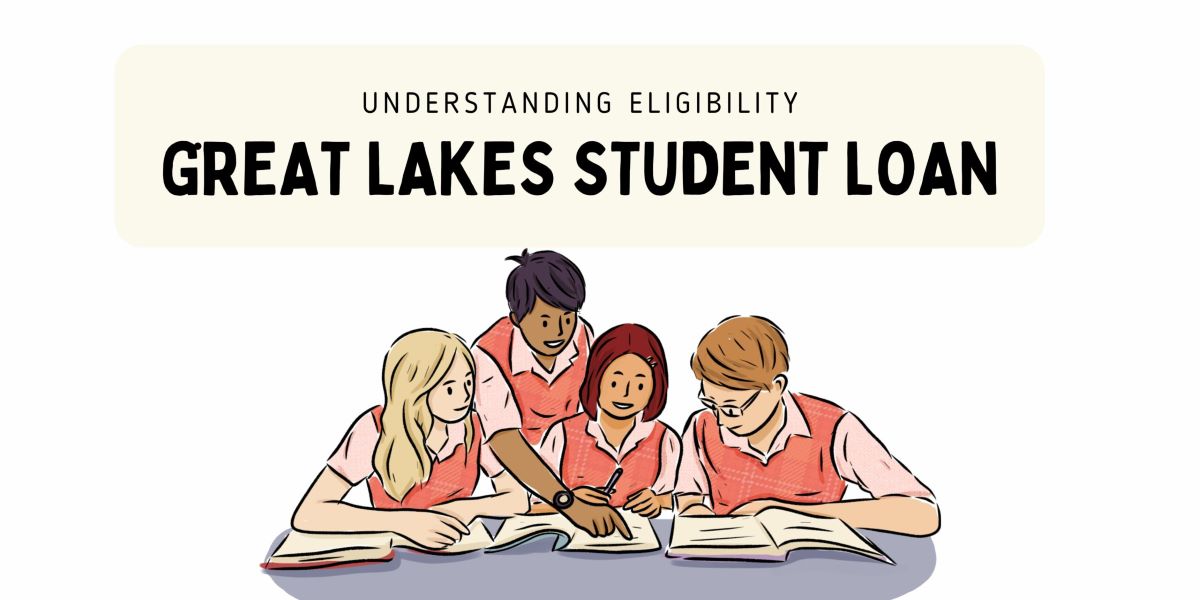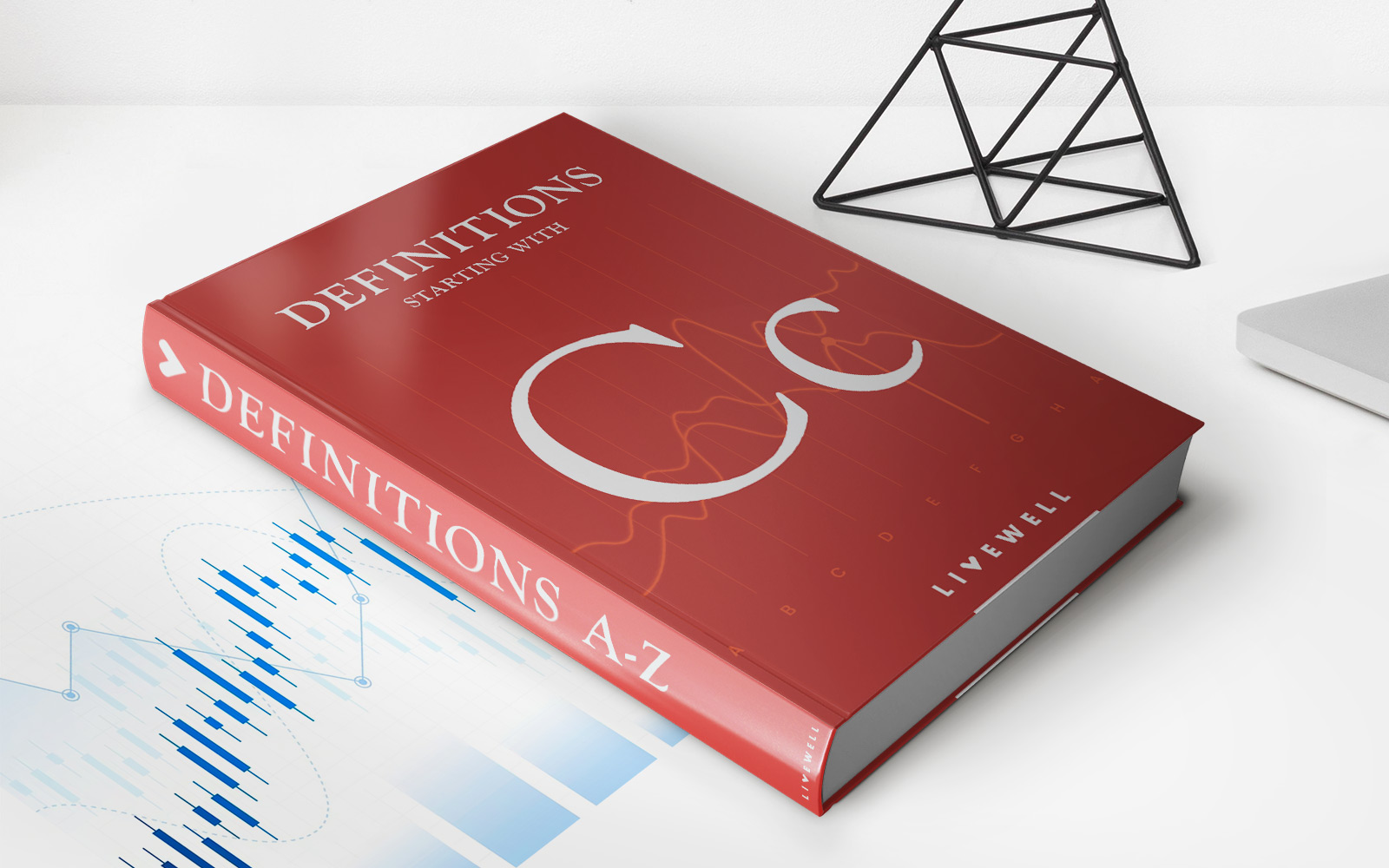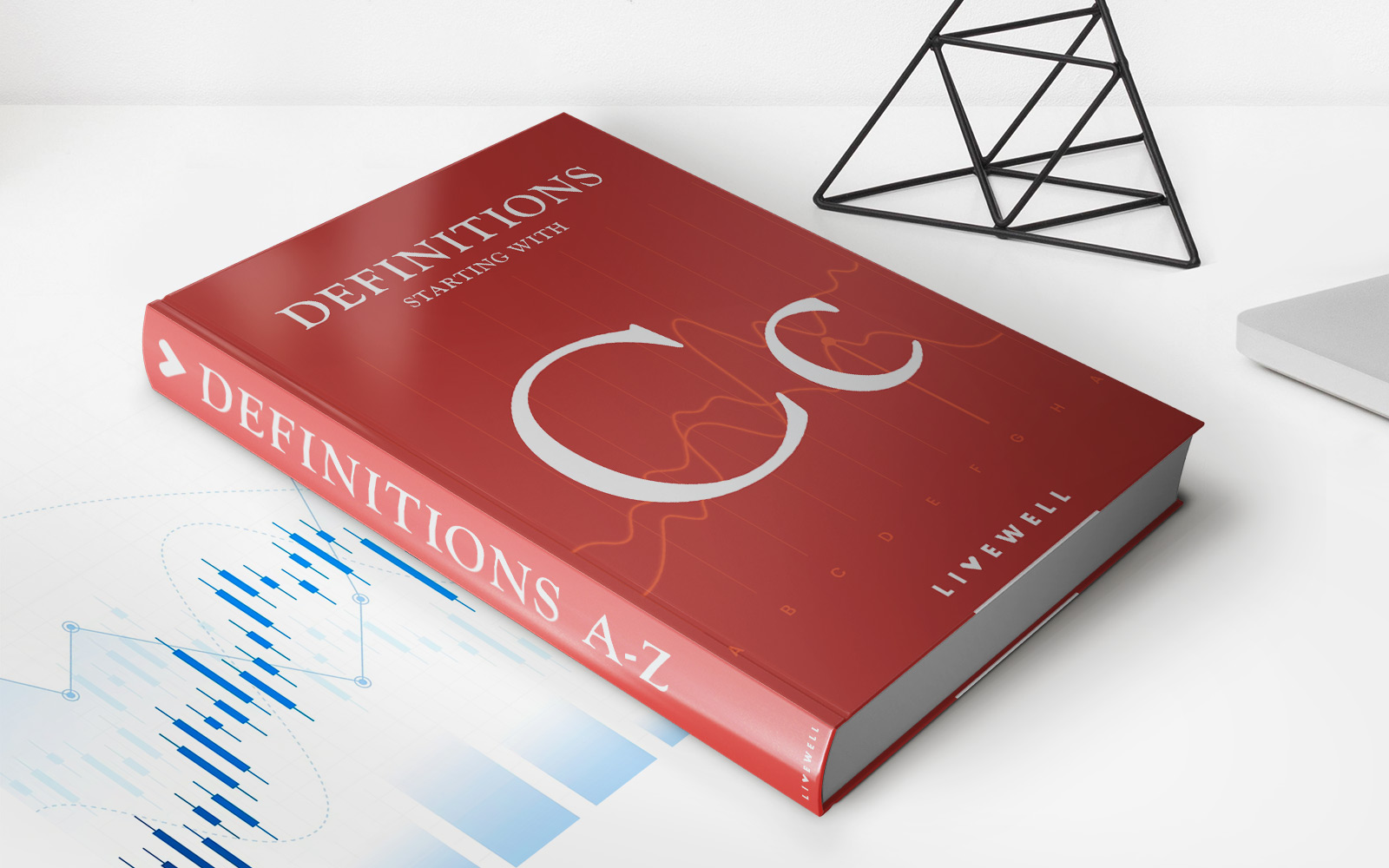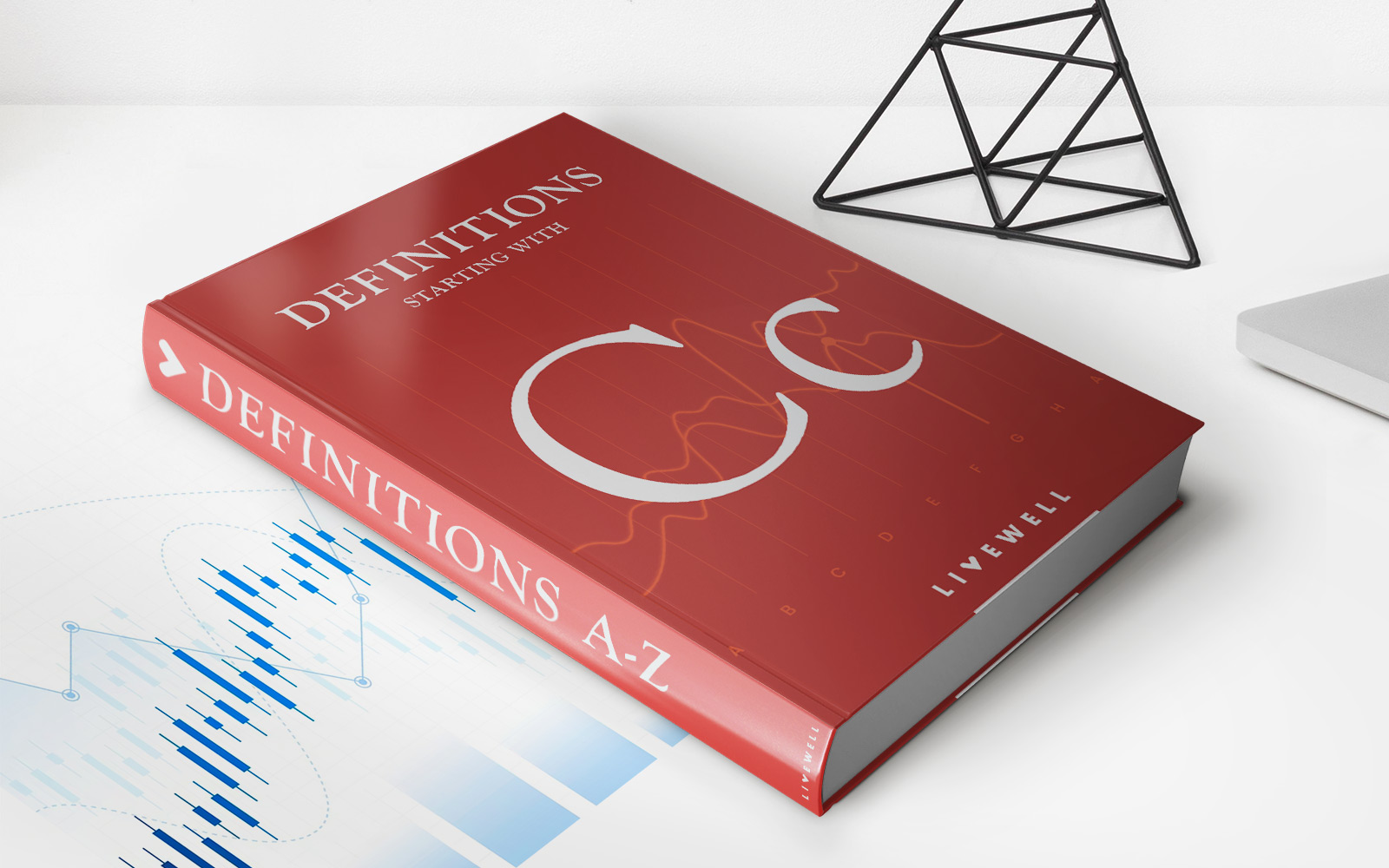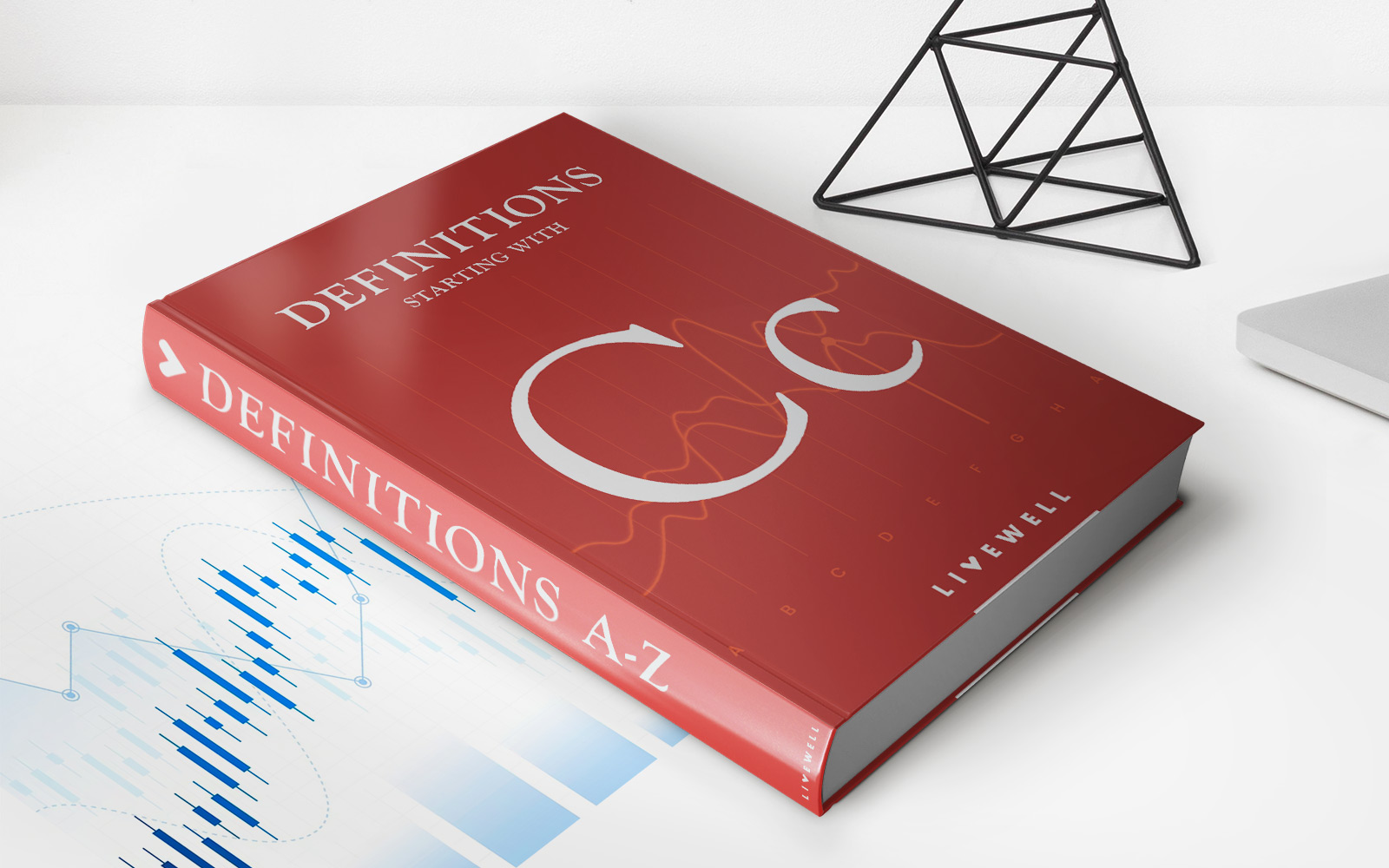Home>Finance>How Does The SCRA Treat Co-Borrowers On Servicemembers Loans?


Finance
How Does The SCRA Treat Co-Borrowers On Servicemembers Loans?
Published: February 18, 2024
Learn how the SCRA impacts co-borrowers on servicemembers' loans. Understand the financial implications with our comprehensive guide.
(Many of the links in this article redirect to a specific reviewed product. Your purchase of these products through affiliate links helps to generate commission for LiveWell, at no extra cost. Learn more)
Table of Contents
Introduction
Understanding the Servicemembers Civil Relief Act (SCRA)
The Servicemembers Civil Relief Act (SCRA) is a crucial federal law designed to offer protections to active-duty service members as they fulfill their military obligations. Enacted to alleviate the stress and financial burdens that can arise from military service, the SCRA encompasses various provisions aimed at safeguarding servicemembers' legal rights and alleviating certain civil obligations. These include protections related to rental agreements, mortgage interest rates, and eviction prevention, among others.
One key aspect of the SCRA is its treatment of co-borrowers on servicemembers' loans. Co-borrowers, individuals who jointly apply for and receive loans with servicemembers, are also impacted by the SCRA. Understanding how the SCRA affects co-borrowers is essential for both servicemembers and their co-borrowers to navigate their financial responsibilities and rights effectively.
In this article, we will delve into the implications of the SCRA on co-borrowers of servicemembers' loans, exploring their rights, responsibilities, and the protections afforded to them under this vital legislation. By shedding light on this often overlooked aspect of the SCRA, we aim to provide valuable insights that can aid servicemembers and their co-borrowers in making informed financial decisions while honoring their obligations under the law.
Understanding the Servicemembers Civil Relief Act (SCRA)
The Servicemembers Civil Relief Act (SCRA) is a federal law that provides essential legal protections to active-duty military personnel. Enacted to ease the financial and legal burdens faced by servicemembers as they fulfill their military duties, the SCRA offers a wide range of safeguards in various areas, including financial, housing, and contractual obligations.
One of the key provisions of the SCRA is its focus on financial protections for servicemembers. These protections extend to co-borrowers who are jointly liable for loans with servicemembers. The SCRA aims to alleviate the financial strain on servicemembers and their co-borrowers by offering specific rights and benefits.
Under the SCRA, servicemembers may be eligible for reduced interest rates on pre-existing loans, including mortgages, credit cards, and other financial obligations incurred before entering active duty. Additionally, the SCRA provides protection against certain civil actions, such as foreclosure and repossession, ensuring that servicemembers and their co-borrowers can maintain their financial stability while serving their country.
Furthermore, the SCRA grants servicemembers the right to request a stay or postponement of civil proceedings, including litigation related to financial matters. This provision allows servicemembers and their co-borrowers to focus on their military responsibilities without the added stress of legal actions during their active-duty service.
Understanding the SCRA is essential for both servicemembers and their co-borrowers, as it empowers them to assert their rights and access the protections afforded by this vital legislation. By comprehending the intricacies of the SCRA, servicemembers and their co-borrowers can navigate their financial obligations with confidence, knowing that the law provides essential safeguards to mitigate the challenges associated with military service.
Co-Borrowers and SCRA Protections
Co-borrowers, individuals who jointly apply for and receive loans with servicemembers, are encompassed by the protections outlined in the Servicemembers Civil Relief Act (SCRA). These protections are designed to alleviate the financial and legal burdens faced by both servicemembers and their co-borrowers as a result of military service.
One of the key SCRA protections for co-borrowers is the potential reduction of interest rates on pre-existing loans. This benefit extends to various types of loans, including mortgages, credit cards, and other financial obligations incurred before the commencement of active-duty service. By reducing the interest rates on these loans, the SCRA aims to provide financial relief to both servicemembers and their co-borrowers, easing the strain caused by high interest payments during periods of military service.
Moreover, the SCRA offers protection against certain civil actions, such as foreclosure and repossession, which could impact co-borrowers. This safeguard ensures that co-borrowers are shielded from the risk of losing their assets or facing legal repercussions related to loan defaults while the servicemember is on active duty.
Additionally, co-borrowers are entitled to the same rights as servicemembers under the SCRA, including the ability to request a stay or postponement of civil proceedings. This provision allows co-borrowers to seek relief from legal actions, providing them with the necessary time and space to manage their financial obligations without the added pressure of litigation during the servicemember’s active-duty tenure.
Understanding the SCRA protections available to co-borrowers is crucial, as it empowers them to assert their rights and access the benefits provided by this legislation. By being aware of these protections, co-borrowers can navigate their financial responsibilities with confidence, knowing that the SCRA offers vital safeguards to mitigate the challenges associated with being jointly liable for loans with servicemembers.
Co-Borrowers’ Rights and Responsibilities under SCRA
Co-borrowers on loans with servicemembers are afforded specific rights and responsibilities under the Servicemembers Civil Relief Act (SCRA), which is essential for understanding their legal standing and obligations. While the SCRA provides crucial protections to co-borrowers, it also outlines certain responsibilities that co-borrowers must uphold in relation to their joint financial agreements with servicemembers.
One of the primary rights granted to co-borrowers under the SCRA is the entitlement to seek reduced interest rates on pre-existing loans, mirroring the benefits available to servicemembers. This provision aims to alleviate the financial burden on co-borrowers and mitigate the challenges associated with high interest payments during the servicemember’s active-duty service.
Additionally, co-borrowers have the right to protection against certain civil actions, such as foreclosure and repossession, ensuring that their assets are safeguarded while the servicemember is fulfilling military obligations. This safeguard provides co-borrowers with peace of mind, knowing that their financial security is protected under the SCRA.
While enjoying these rights, co-borrowers also bear responsibilities under the SCRA. It is essential for co-borrowers to remain informed about the servicemember’s active-duty status and to communicate effectively with the lending institutions regarding any changes in the loan agreement. By fulfilling these responsibilities, co-borrowers can ensure that they are compliant with the SCRA and that their rights are upheld throughout the servicemember’s military service.
Understanding their rights and responsibilities under the SCRA empowers co-borrowers to navigate their joint financial obligations with clarity and confidence. By adhering to the provisions of the SCRA, co-borrowers can effectively manage their responsibilities while benefiting from the protections afforded by this vital legislation.
Impact of SCRA on Co-Borrowers in Servicemembers Loans
The Servicemembers Civil Relief Act (SCRA) significantly influences co-borrowers involved in loans with servicemembers, shaping their rights, obligations, and overall financial well-being. The impact of the SCRA on co-borrowers is multifaceted, encompassing both protective measures and specific considerations that shape their financial responsibilities during the servicemember’s active-duty service.
One of the primary impacts of the SCRA on co-borrowers is the provision of essential protections against financial strain. Co-borrowers benefit from potential reductions in interest rates on pre-existing loans, including mortgages and other financial obligations incurred before the commencement of the servicemember’s active-duty tenure. This reduction in interest rates serves to alleviate the financial burden on co-borrowers, fostering greater stability during the servicemember’s military service.
Moreover, the SCRA shields co-borrowers from certain civil actions, such as foreclosure and repossession, offering a vital safeguard against the risk of losing assets or facing legal repercussions related to loan defaults while the servicemember is fulfilling military duties. This protection ensures that co-borrowers can maintain their financial security and stability, even in the face of potential challenges arising from the joint loans.
Additionally, the SCRA empowers co-borrowers to assert their rights and seek relief from legal actions through the provision of a stay or postponement of civil proceedings. This crucial benefit provides co-borrowers with the necessary time and space to manage their financial obligations without the added pressure of litigation during the servicemember’s active-duty service.
Overall, the impact of the SCRA on co-borrowers in servicemembers’ loans is profound, offering essential protections and rights that shape their financial landscape during the servicemember’s military service. By understanding and leveraging the provisions of the SCRA, co-borrowers can navigate their joint financial responsibilities with confidence, knowing that this legislation provides crucial safeguards to mitigate the challenges associated with military service.
Conclusion
The Servicemembers Civil Relief Act (SCRA) stands as a cornerstone of legal protection for active-duty military personnel, exerting a profound influence on co-borrowers involved in loans with servicemembers. By comprehending the implications of the SCRA on co-borrowers, individuals can navigate their joint financial obligations with clarity and confidence, leveraging the rights and protections afforded by this vital legislation.
Throughout this exploration, we’ve unveiled the multifaceted impact of the SCRA on co-borrowers, highlighting the essential protections and specific considerations that shape their financial landscape during the servicemember’s active-duty service. From potential reductions in interest rates to shielding against civil actions and empowering co-borrowers to seek relief from legal proceedings, the SCRA offers a comprehensive framework of safeguards that mitigate the challenges associated with military service for co-borrowers.
Understanding the rights and responsibilities bestowed by the SCRA empowers co-borrowers to assert their legal standing and uphold their financial obligations effectively. By maintaining open communication with lending institutions and staying informed about the servicemember’s active-duty status, co-borrowers can ensure compliance with the SCRA while benefiting from its protective measures.
As we conclude, it is imperative to recognize the pivotal role of the SCRA in fostering financial stability and security for co-borrowers in servicemembers’ loans. By embracing the provisions of the SCRA, co-borrowers can navigate their joint financial responsibilities with resilience and assurance, knowing that this legislation provides vital safeguards to alleviate the strains associated with military service.
In essence, the SCRA not only serves as a legal framework for servicemembers’ protections but also extends its mantle of security to co-borrowers, fostering a balanced and supportive environment for all parties involved in joint financial agreements. By upholding the spirit of the SCRA, co-borrowers and servicemembers alike can navigate their financial journey with resilience, knowing that their rights and obligations are safeguarded under this crucial federal law.


